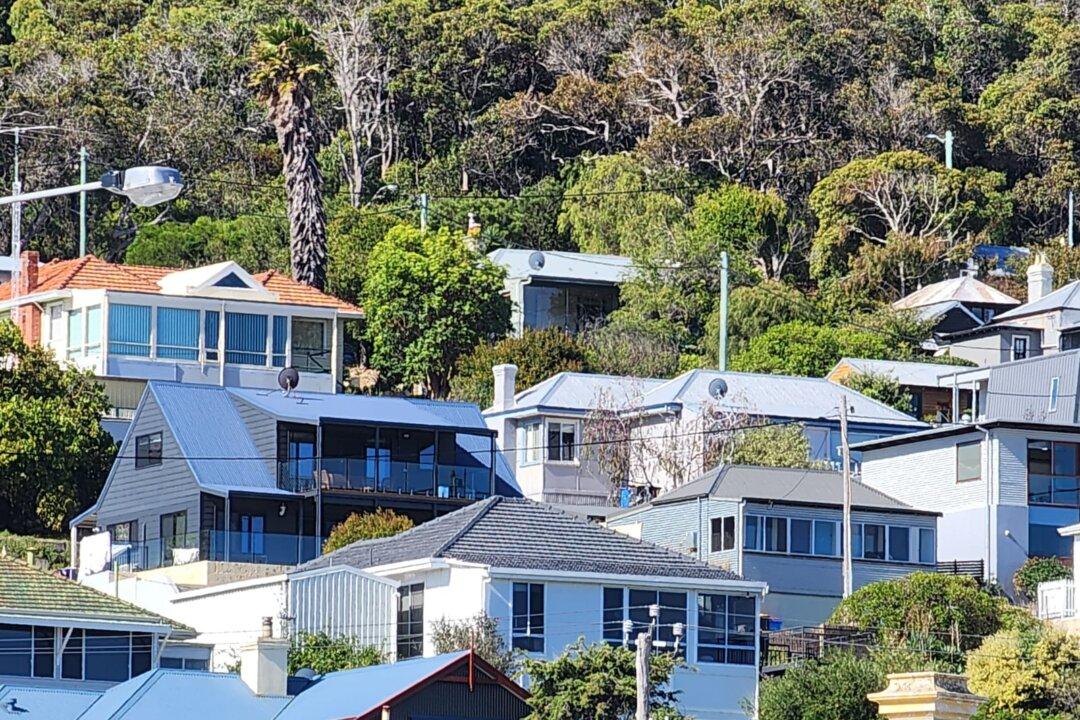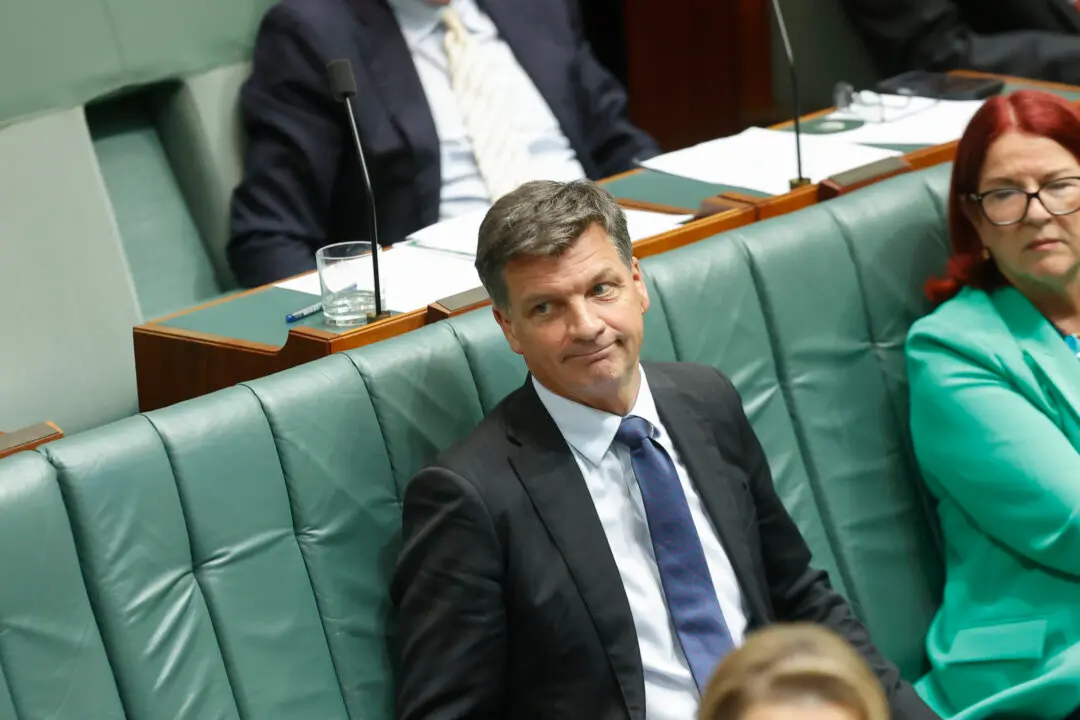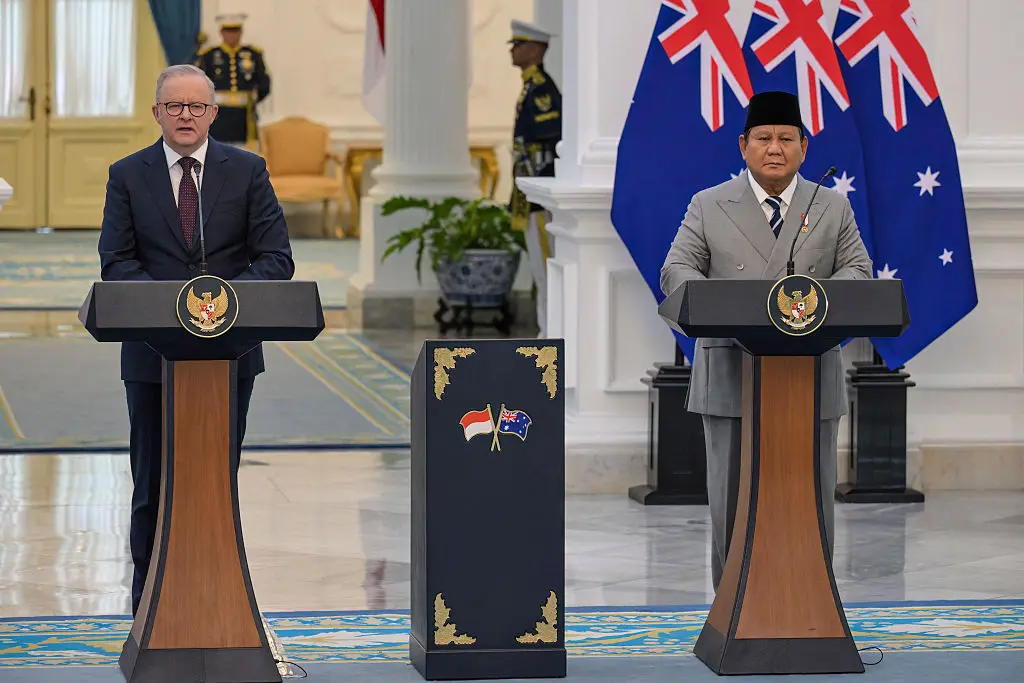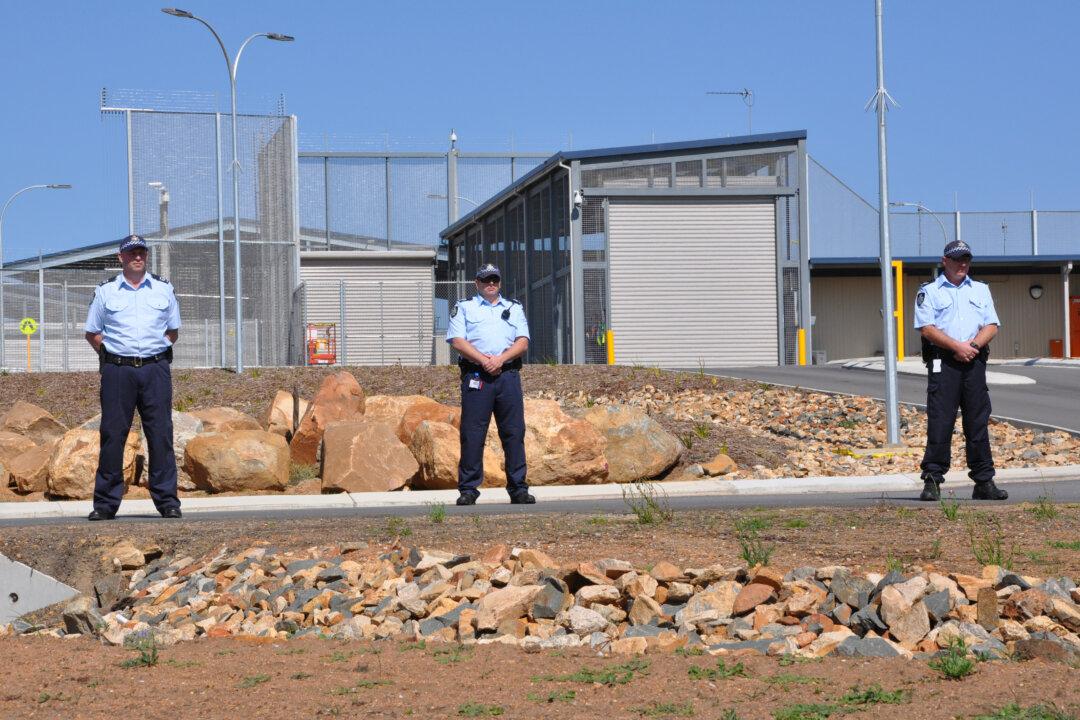Opposition Leader Peter Dutton has said the Liberal-National Coalition will not alter negative gearing if they win the upcoming election.
Debate over negative gearing and capital gains tax reforms has resurfaced following the government’s decision to review them.





